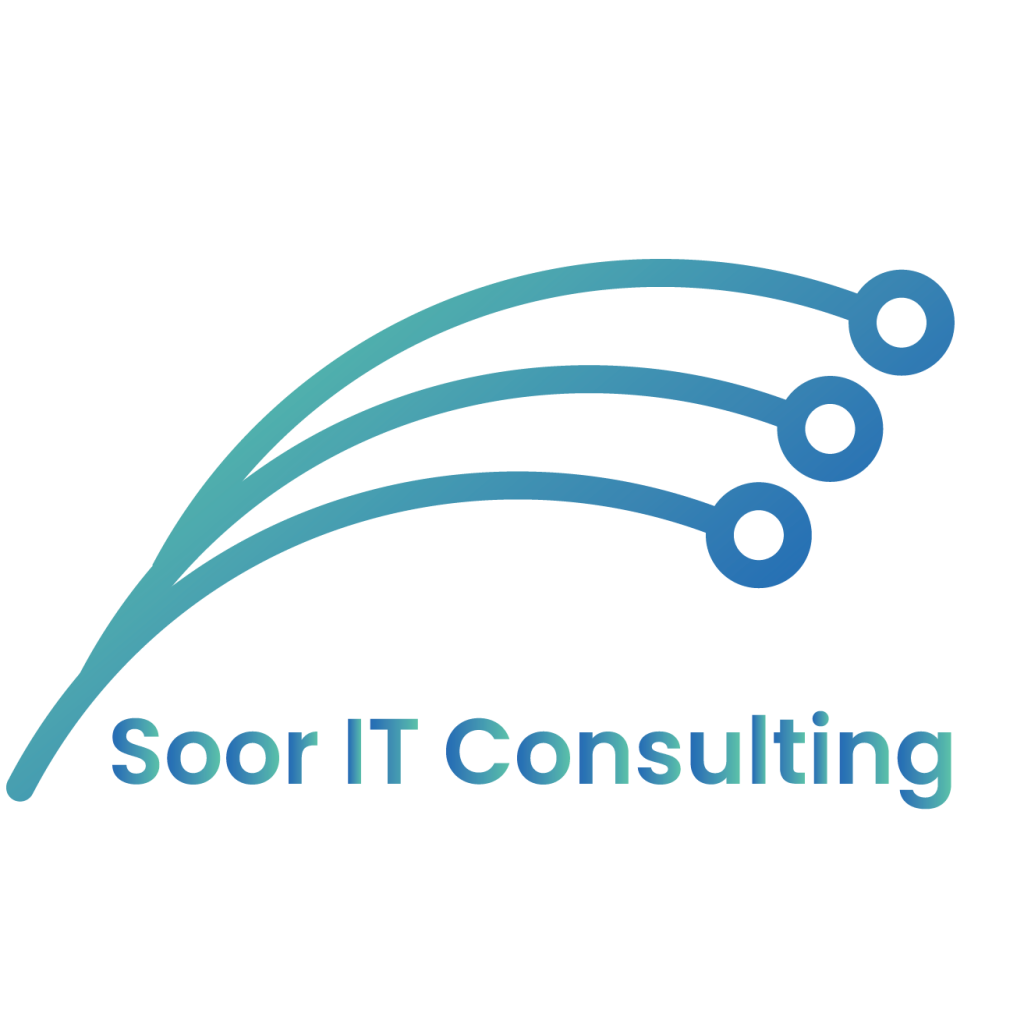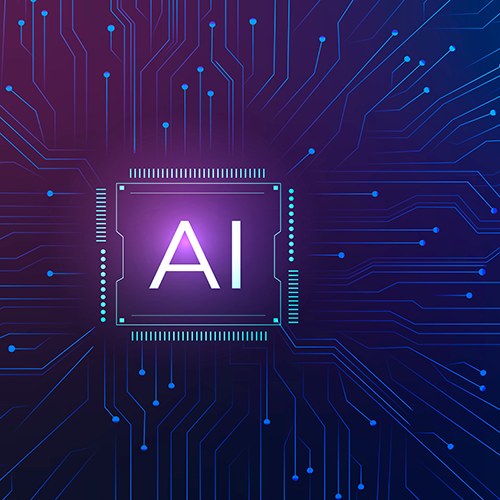In today’s rapidly evolving digital landscape, advancements in information technology (IT) and technology as a whole have revolutionized various industries. From artificial intelligence (AI) and blockchain to the Internet of Things (IoT), cloud computing, and cybersecurity, these technologies have reshaped the way businesses operate and individuals interact with the digital world. In this article, we will delve into the latest advancements in these areas and explore their impact on various sectors.
Artificial intelligence (AI)
Artificial intelligence, or AI, is a field of computer science that focuses on creating intelligent machines capable of performing tasks that typically require human intelligence. AI has made significant strides in recent years, enabling breakthroughs across various industries. Here are some key advancements in AI:
Machine learning and deep learning
Machine learning and deep learning are subsets of AI that involve training algorithms to learn from data and make predictions or decisions. These techniques have been instrumental in developing applications like image and speech recognition, natural language processing, and recommendation systems.
Natural language processing (NLP)
NLP is an AI technology that enables computers to understand, interpret, and generate human language. Applications of NLP range from virtual assistants like Siri and Alexa to sentiment analysis and language translation tools.
Computer vision
Computer vision is an AI technology that enables computers to analyze and understand visual information from images and videos. This has led to advancements in object detection, facial recognition, autonomous vehicles, and medical imaging.
AI in robotics
AI has significantly impacted the field of robotics by enabling robots to perform complex tasks autonomously. From industrial automation to healthcare and space exploration, AI-powered robots are revolutionizing various industries.
Blockchain
Blockchain technology has gained widespread attention due to its potential to revolutionize industries by providing secure, transparent, and decentralized systems. Here are some key advancements in blockchain:
Cryptocurrencies and decentralized finance (DeFi)
Cryptocurrencies, such as Bitcoin and Ethereum, are digital assets that utilize blockchain technology for secure transactions. Additionally, decentralized finance (DeFi) platforms have emerged, offering financial services like lending, borrowing, and trading without intermediaries.
Smart contracts
Smart contracts are self-executing contracts with the terms of the agreement directly written into lines of code. These contracts automatically execute when predefined conditions are met, eliminating the need for intermediaries and enhancing efficiency.
Supply chain management
Blockchain technology offers enhanced transparency and traceability in supply chain management. It enables seamless tracking of goods, authentication of products, and prevention of counterfeit items.
Identity management
Blockchain-based identity management solutions provide individuals with control over their personal data, enhancing privacy and security. These solutions aim to eliminate the need for centralized identity systems and reduce the risk of data breaches.
Internet of things (IoT)
The Internet of Things (IoT) refers to a network of interconnected devices that collect and exchange data. IoT has transformed various industries, enabling automation, data-driven decision-making, and enhanced connectivity. Here are some key advancements in IoT:
Industrial IoT (IIoT)
IIoT involves the use of IoT devices and sensors in industrial settings, enabling real-time monitoring, predictive maintenance, and process optimization. This has led to increased productivity, cost savings, and improved safety in industries like manufacturing, energy, and transportation.
Smart homes and cities
IoT has revolutionized the concept of smart homes and cities, enabling the integration of devices like thermostats, security systems, and appliances for enhanced convenience, energy efficiency, and sustainability.
Wearable devices
Wearable devices, such as fitness trackers and smartwatches, have become increasingly popular, providing individuals with real-time health and fitness data. These devices leverage IoT technology to collect and analyze data for personalized insights.
Connected vehicles
IoT technology has also been integrated into vehicles, creating connected cars that offer features like real-time navigation, vehicle diagnostics, and remote monitoring. This enhances driver safety, improves fuel efficiency, and enables advanced telematics services.
Cloud computing
Cloud computing has transformed the way businesses store, process, and access data and applications. It offers scalability, flexibility, and cost savings compared to traditional on-premises infrastructure. Here are some key advancements in cloud computing:
Infrastructure as a service (IaaS)
IaaS allows businesses to rent virtualized computing resources, such as servers and storage, from cloud service providers. This eliminates the need for physical infrastructure, reduces costs, and enables rapid scalability.
Platform as a service (PaaS)
PaaS provides a platform for developers to build, deploy, and manage applications without worrying about underlying infrastructure. It simplifies the development process, enhances collaboration, and enables rapid application deployment.
Serverless computing
Serverless computing allows developers to focus on writing code without the need to manage servers or infrastructure. It offers scalability, cost efficiency, and reduced operational overhead.
Hybrid and multi-cloud environments
Hybrid and multi-cloud environments have gained popularity, allowing businesses to leverage the benefits of both public and private clouds. This approach offersflexibility, data sovereignty, and cost optimization.
Cybersecurity
As technology advancements continue to evolve, cybersecurity has become a critical concern for businesses and individuals. Here are some key advancements in cybersecurity:
Artificial intelligence in cybersecurity
AI is being leveraged in cybersecurity to detect and respond to security threats in real-time. Machine learning algorithms can analyze vast amounts of data to identify patterns and anomalies, enhancing threat detection and prevention.
Zero trust security
Zero Trust Security is an approach that assumes no trust, even for users and devices within the network perimeter. It emphasizes continuous authentication, strict access controls, and micro-segmentation to protect against unauthorized access.
Cloud security
With the increasing adoption of cloud computing, cloud security has become a top priority. Cloud security solutions provide encryption, access controls, and threat detection to protect data stored in the cloud.
Endpoint security
Endpoint security focuses on protecting individual devices, such as laptops, smartphones, and IoT devices, from cyber threats. Advanced endpoint security solutions combine antivirus protection, threat intelligence, and behavioral analysis to detect and prevent attacks.
Conclusion
Advancements in IT and technology have had a profound impact on various industries, transforming the way businesses operate and individuals interact with the digital world. From AI and blockchain to IoT, cloud computing, and cybersecurity, these technologies continue to evolve and shape the future. By staying informed about the latest advancements, businesses and individuals can leverage these technologies to drive innovation, enhance efficiency, and stay ahead in a rapidly changing digital landscape.


Add a Comment